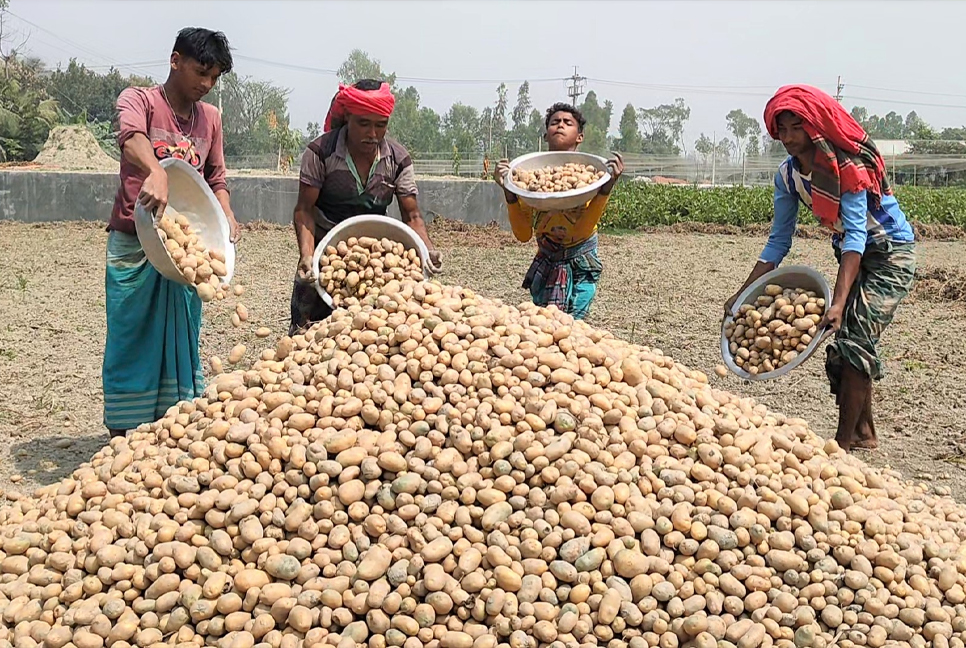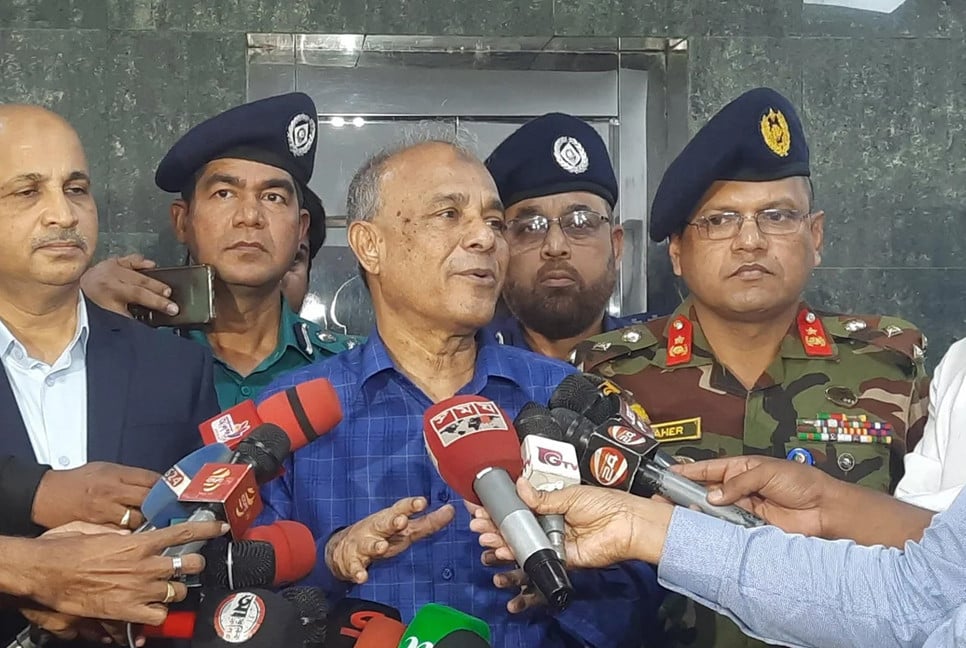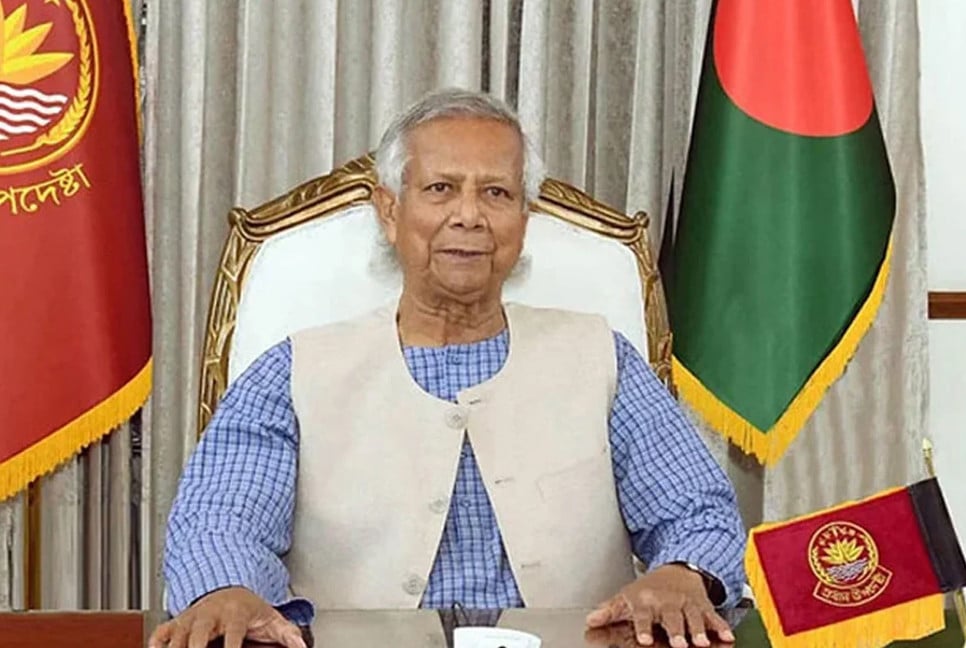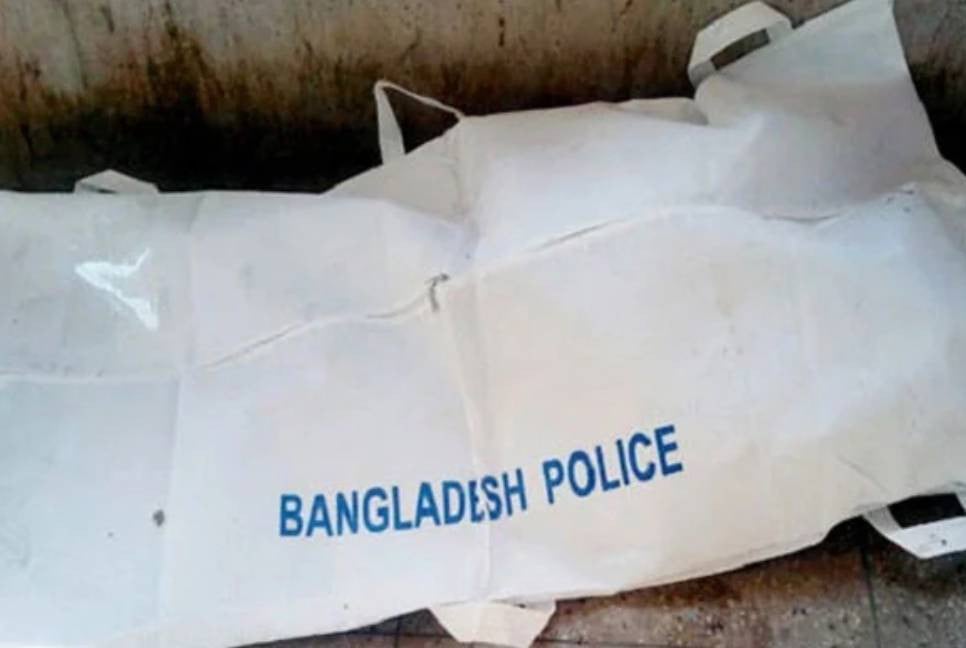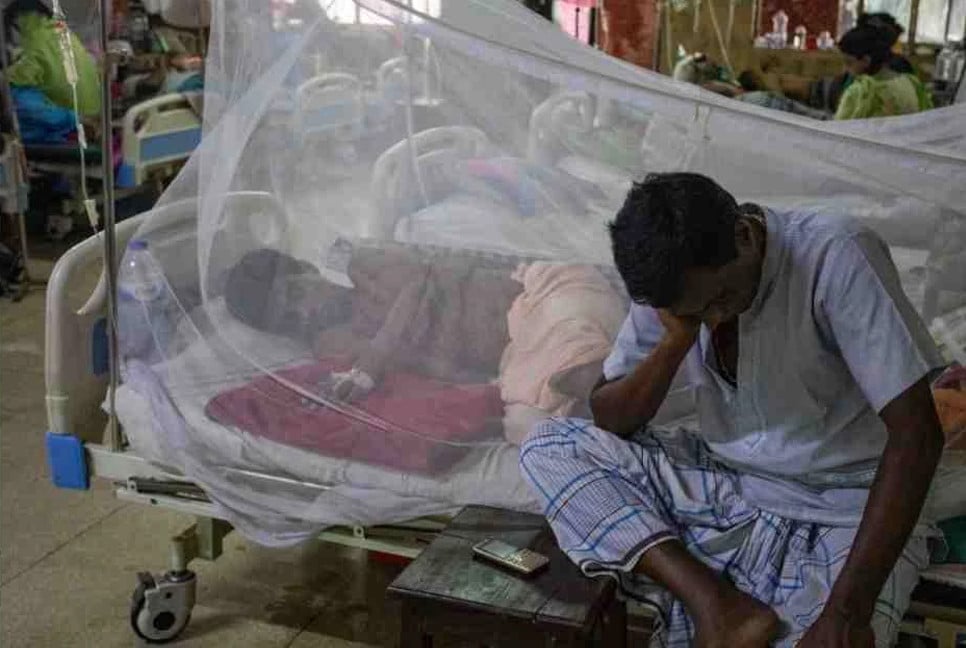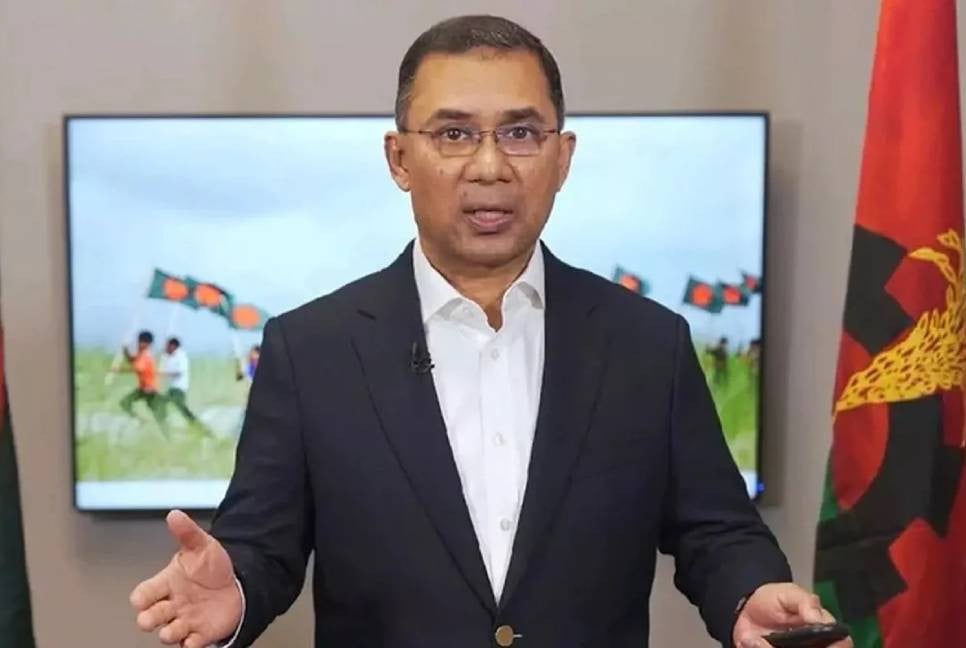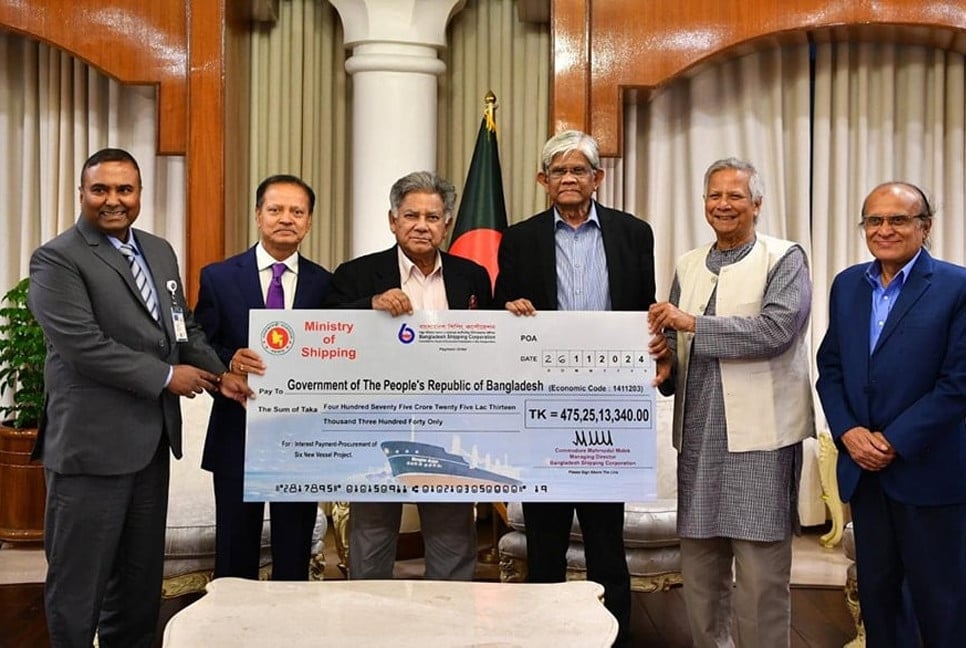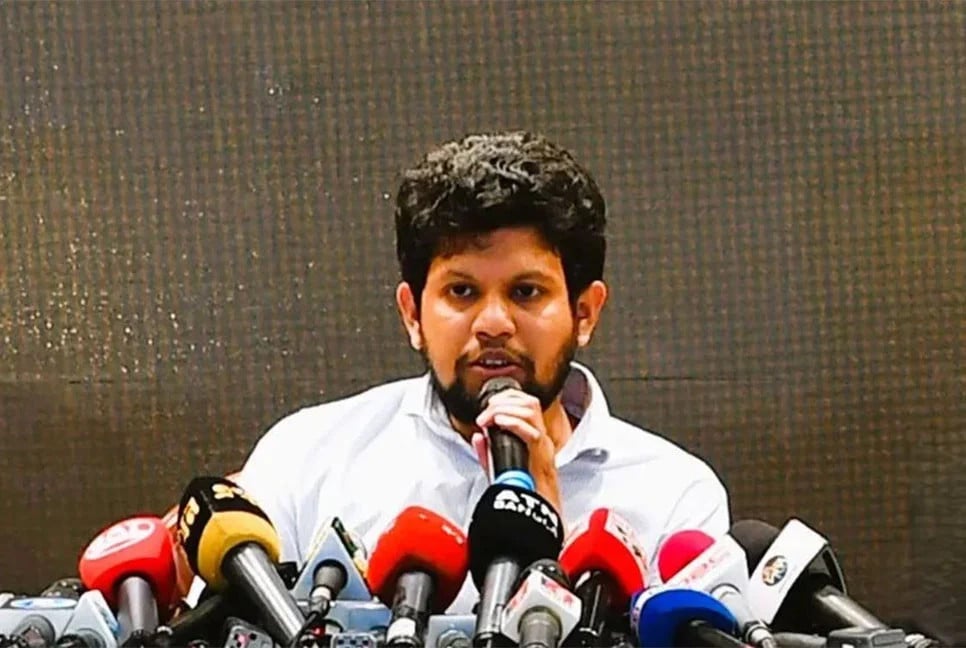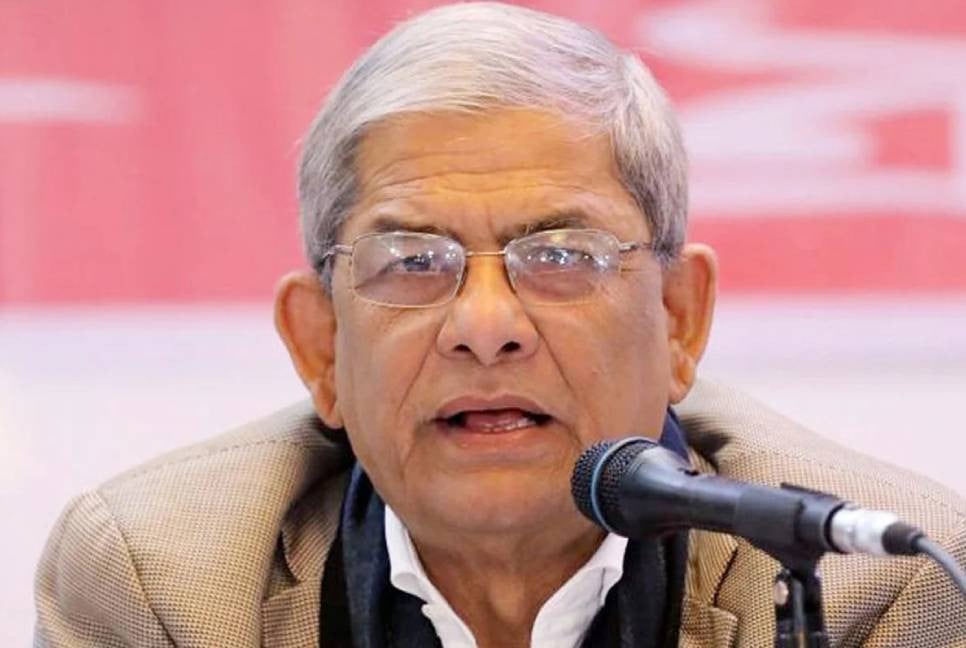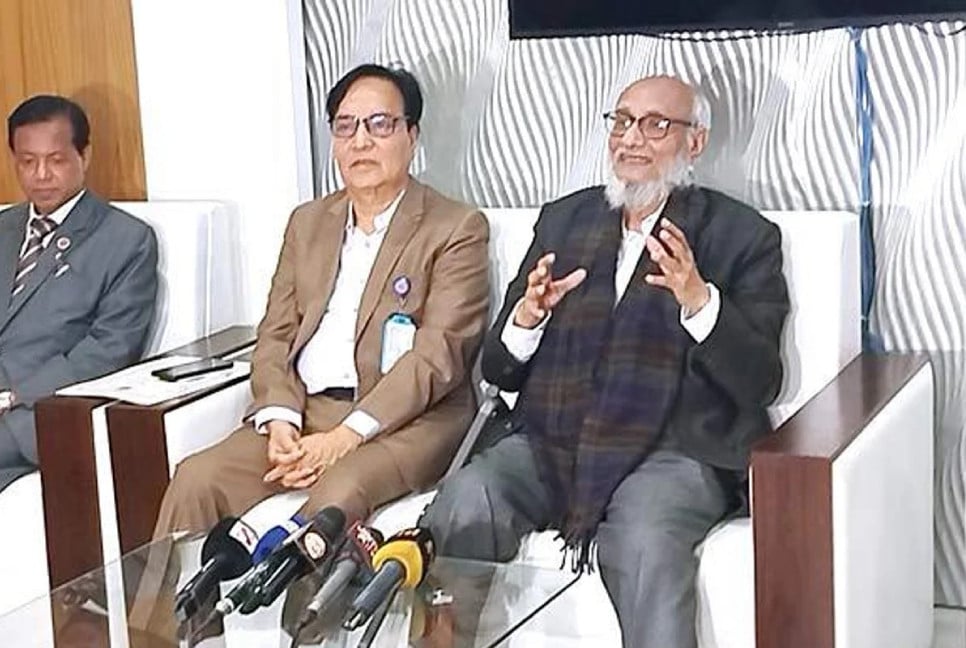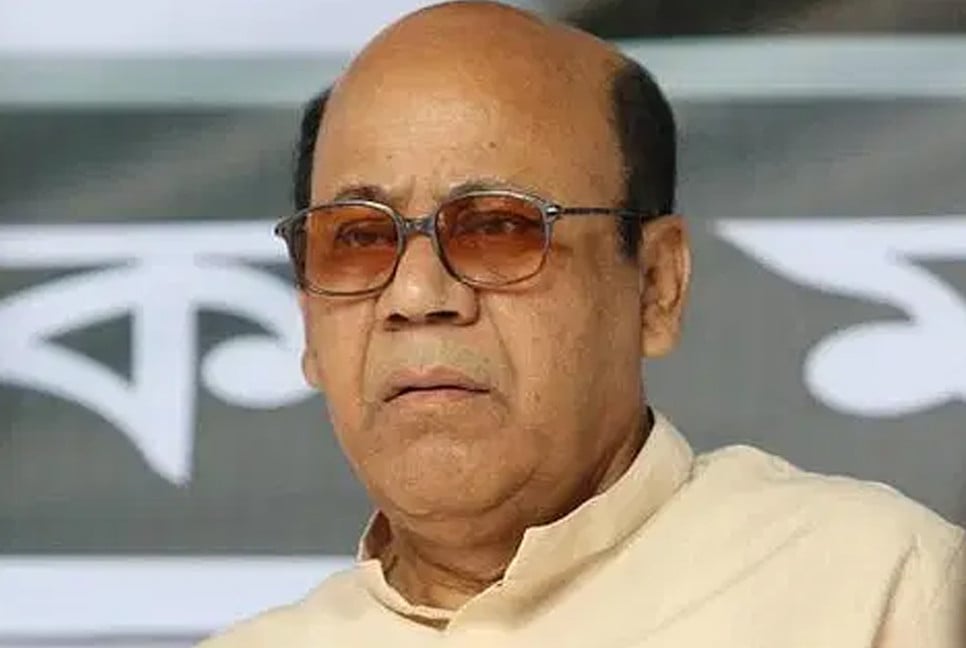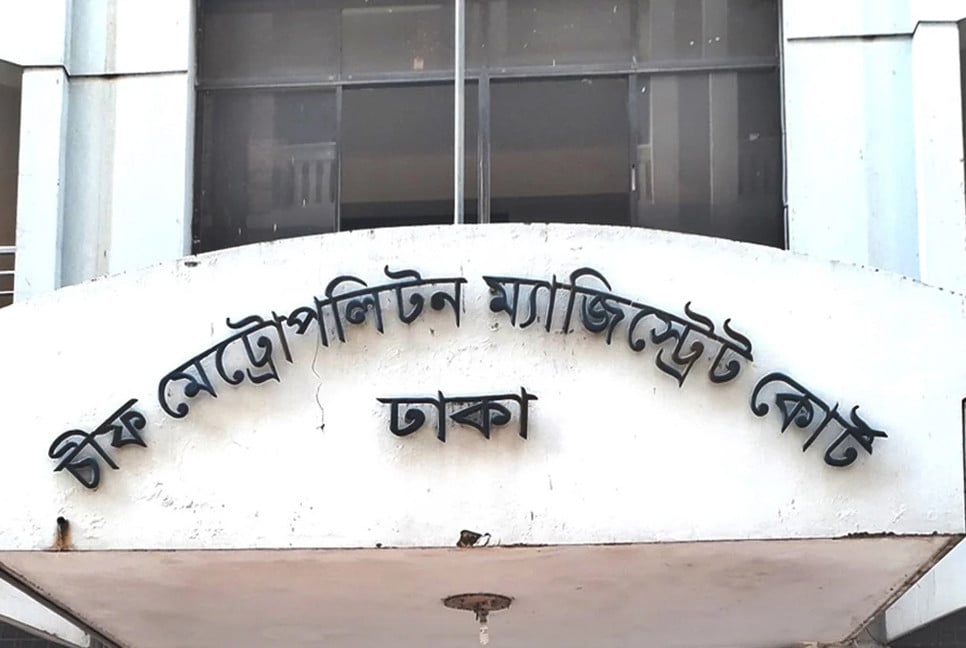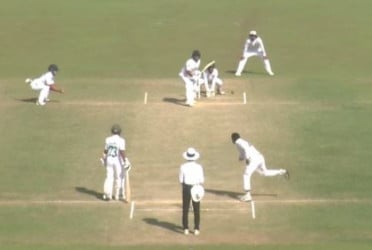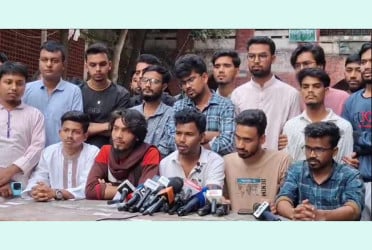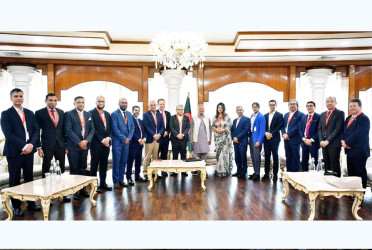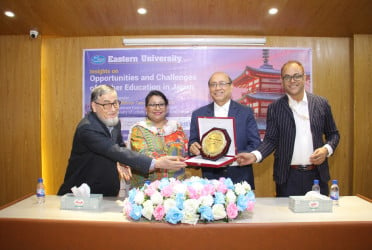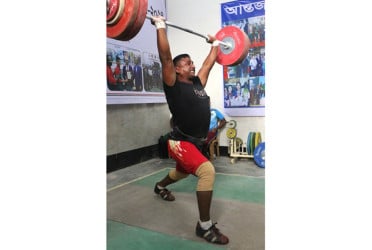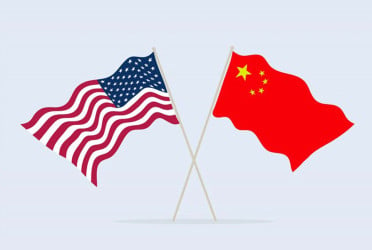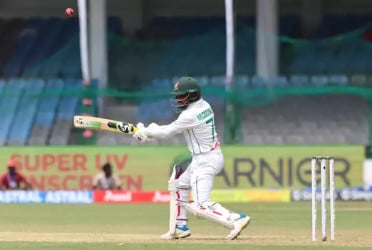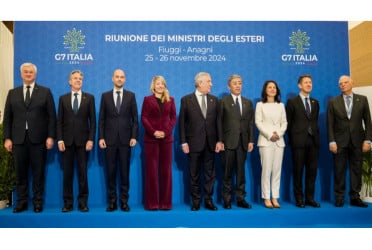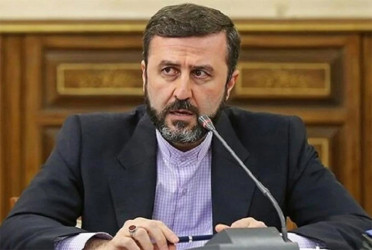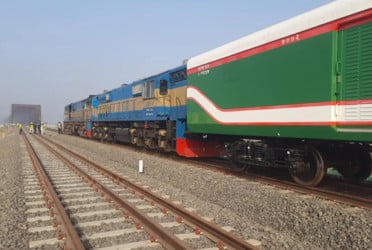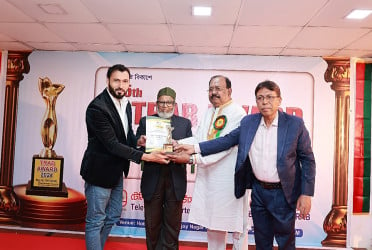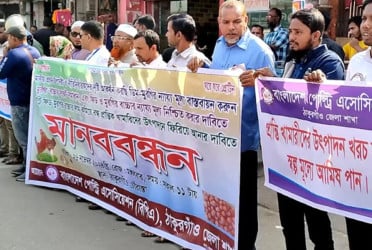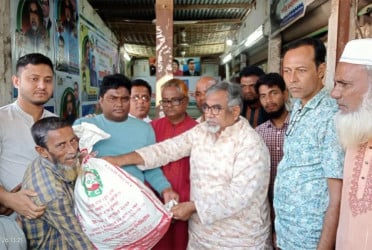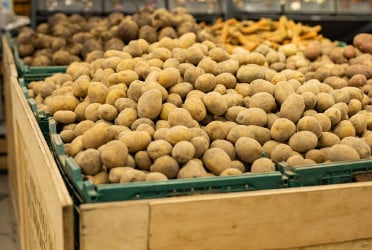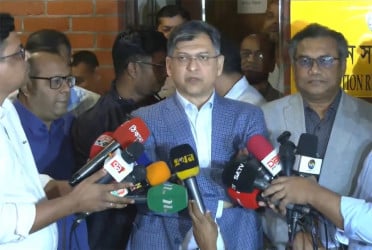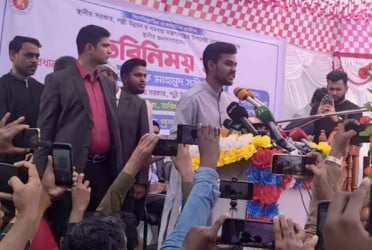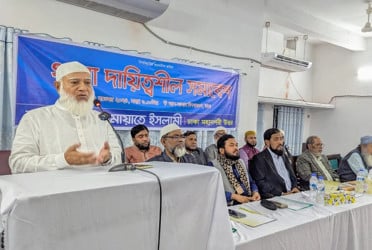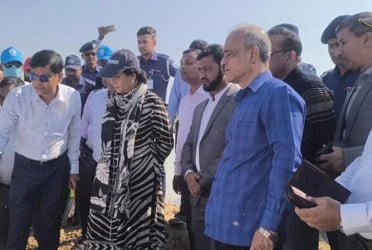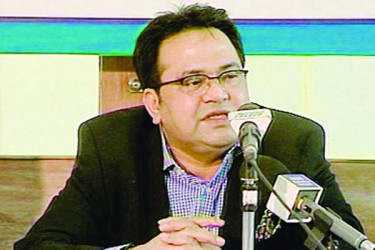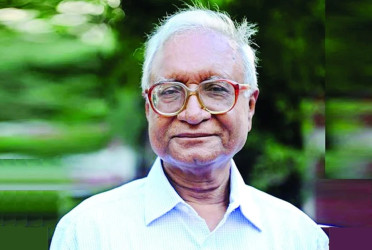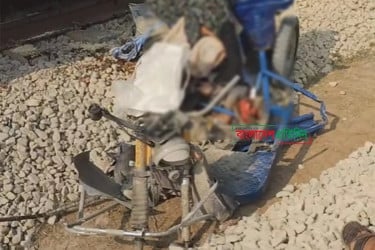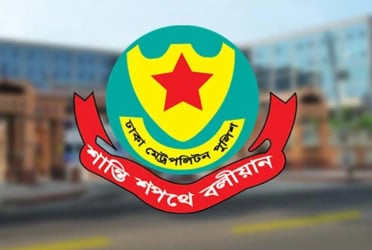Potato export from farmers, supported by the Food and Agriculture Organization of the United Nations (FAO), continues to grow, as producers came together on Sunday to celebrate another year of success, reports BSS.
Four producer co-operatives joined the fourth annual potato export inauguration in Rangpur - the country's main potato growing region, a FAO press release said.
Last year, Bangladesh produced 11 million metric tonnes - making it the third largest producer in Asia, after China and India - of which it exported nearly 0.8 million tonnes. More than a third of potato exports went to Malaysia, a fourth went to Nepal and a fifth went to Sri Lanka.
Other countries that imported potatoes from Bangladesh included Myanmar, Singapore, the United Arab Emirates, Brunei, Qatar, Bahrain, Kuwait, Oman, Jordan, and Lebanon. Officials from the Ministry of Agriculture are looking to start exports to Russia, Fiji and Viet Nam.
Potatoes are an important cash crop with the potential to transform the lives of those who produce them. For the last four years, potato producer organisations in Rangpur have been producing export-quality potatoes by employing 'good agricultural practices' - a collection of principles for safe and healthy farming and processing - with training from FAO.
Rangpur produces a quarter of the nation's potatoes. One of the best performing districts for export-quality potato production was Thakurgaon Sadar. This year, potato growers are expecting a good harvest and they already have a contract with the Bangladesh Potato Exporters' Association (BPEA).
Farmers started to grow a new potato variety called 'Sunshine', intended specifically for export. It is quick-growing and achieves high yields.
The success of the export initiative is due to a partnership between the Sara Bangla Krishak Society (SBKS), a national network of farmers' organizations, and FAO under its 'Missing Middle Initiative' project.
Together, they worked with the Department of Agricultural Extension, Bangladesh Agricultural Development Corporation (BADC), Bangladesh Agricultural Research Institute (BARI), and BPEA.
The Ministry of Agriculture, through the Department of Agricultural Extension (DAE), and BADC have been supporting potato producers to increase exports since 2019.
Robert D. Simpson, FAO Representative in Bangladesh, who attended the event, stressed that potato production is part of an agricultural export strategy but that it is also important to invest in value addition.
"FAO is working with the government to increase exports of key crops, including potatoes, as part of a long-term vision to transform the country's agriculture sector. With the right support, Bangladeshi potato producers are able to meet growing international demand in a competitive market. This is a successful model for other crops," he said.
"But we also need to consider other potato varieties and invest in processing - this will keep value addition in Bangladesh and meet growing national demand for potato-based products such as chips."
A business session was held at a potato farmer's field with participants from FAO, government, potato producer organizations, and farmers.
At a side event, farmers displayed local and improved varieties of potatoes. There was also a meeting with regional agricultural extension officers and research agencies.
Wahida Akter, Secretary, Ministry of Agriculture, was the chief guest.
Speakers at a business discussion included Abdullah Sazzad, Chairman and Additional Secretary, Bangladesh Agricultural Development Corporation (BADC); Badal Chandra Biswas, Director-General, DAE; Md Aftab Hossain, Additional Director, DAE, Rangpur; Salma Rahman,Managing Director, Agronomy Export-Import Ltd; Zakir Hossain, General-Secretary, Bangladesh Potato Exporters Association (BPEA); and Salma Akhter, potato grower, Dhantola Potato Producer Cooperative.
An important part of the export success has been the linkages made between farmers and exporters. FAO has facilitated this in the spirit of its Hand-in-Hand initiative which aims to accelerate the market-based transformation of agrifood systems through a robust partnership-building approach.
Secretary Wahida Akter praised the collaboration, saying that it was 'paying off' in terms of competitive potato exports.
The MMI National Project Coordinator, Imanun Nabi Khan, said: "We link farmers with exporters - this Matchmaking creates a win-win business relationship. Potato growers get a fair price and exporters take the opportunity to inspect quality and ensure transport from the farm to the port. This business model, based on FAO's Hand-in-Hand initiative, is effective and scalable."
Bd-pratidin English/Tanvir Raihan

